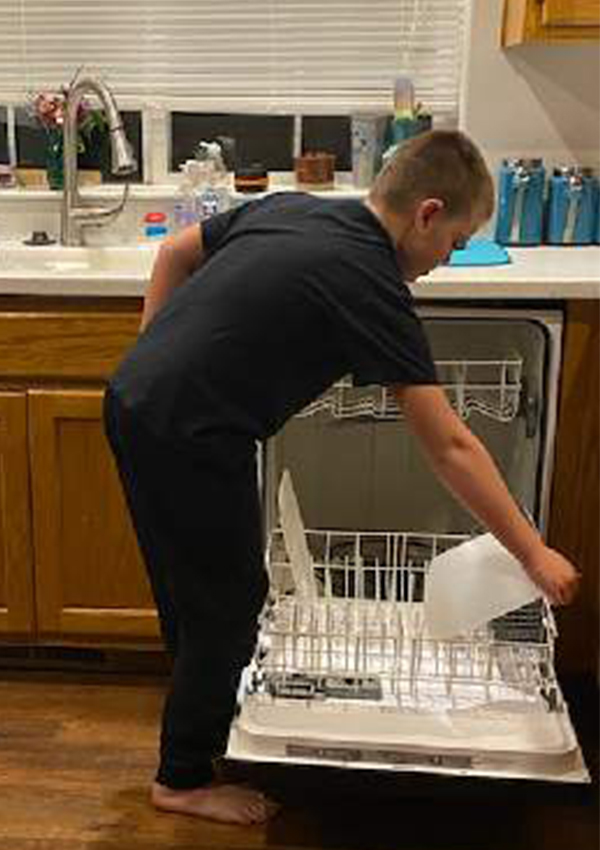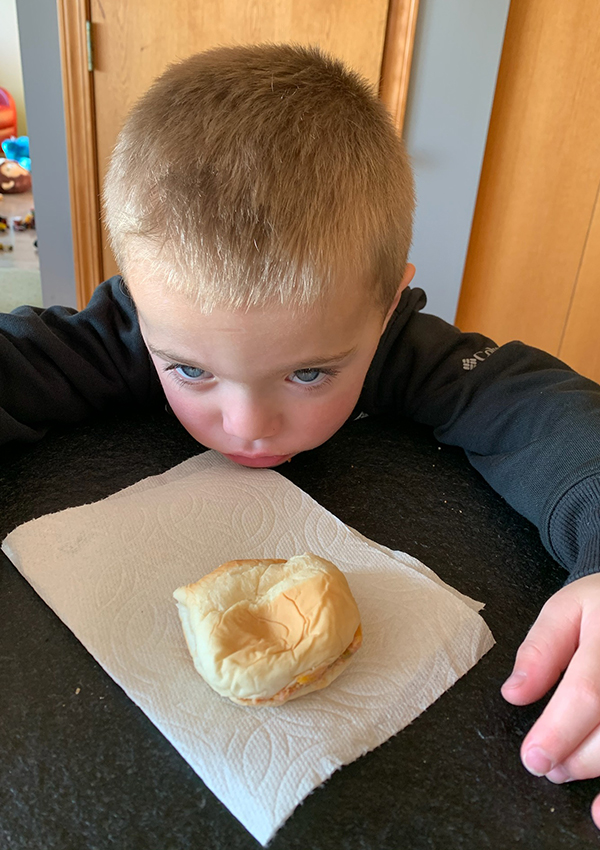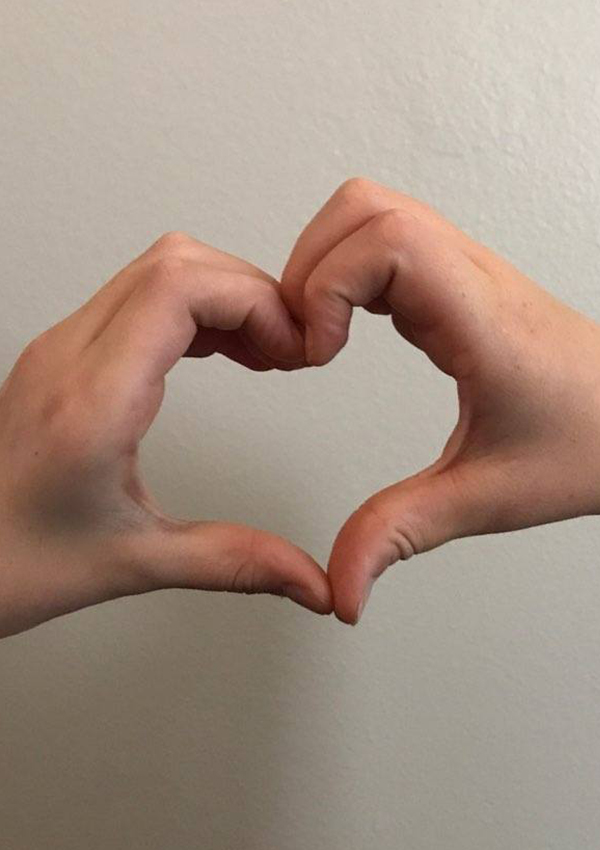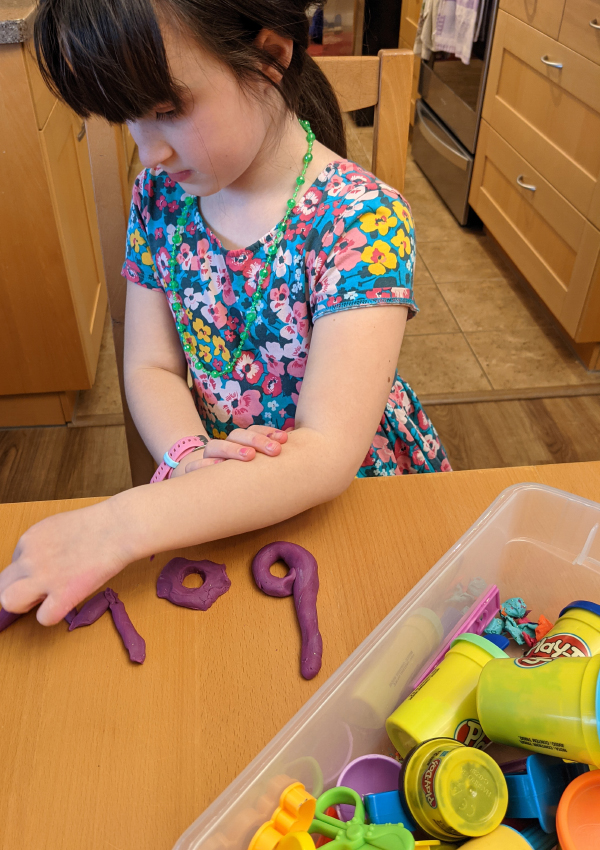Love your brat – just don’t be in denial
There are kids who act bratty and then there are kids who are brats. Acting bratty is common and typical. Every kid is going to have bratty moments, but being an actual brat is different. We don’t normally say anything, because they are children, but we all know who they are. Parents, love your brat – just don’t be in denial.
A little bit of “brattiness” I consider a good thing – a great thing actually. I remember seeing pictures of Prince Harry when he was little sticking out his tongue at paparazzi. He was a little boy who listened, followed the rules, and behaved like a “royal” 99% of the time, but that other 1% he was just a little boy doing what kids do. I love that. I don’t think his older brother, Prince William, was ever the type to stick out his tongue or anything else that showed an independent spirit. You always kind of knew Harry was going to find a way to live life on his own terms, even from within his aristocratic confines. Sticking out his tongue was the first indication that there was a strong, independent being in there who was going to be okay.

When I was working for the school district I really enjoyed working with the “spirited” kids. The ones who were smart and animated and funny but would be considered “naughty”. Honestly, some of them were my absolute favorites. I recognized and appreciated their independent nature. My job was to help them channel those traits into accountability and success within the school system and I enjoyed it so much. Once those traits were channeled, they become an asset for them, rather than a liability, and they were proud of their own accomplishments. The “brats”, however, I did not enjoy, and it was harder to see the light at the end of the tunnel with those students. Parents – Love your brat, just don’t be in denial. Their behavior is a symptom of something and it is important to understand what that “something” is.
The difficult truth is that the fix may start with you and not your child. Adults have to establish and then follow through on the expectations they set. We are responsible for teaching our kids the things we want them to know, the things we want them to understand, and the things that we, ultimately, want them to do (or not do…) Making excuses and blaming others only creates more issues because it takes the focus away from where it needs to be. I will give you the same advice I gave my kids at school: First you have to Own it, before you can work on how to Fix It!
When I use the term “brat” I am referring to kids who are seldom satisfied. They are malcontent and lack good self-regulation and accountability. If you are the parent or teacher of one of these children, you know what I am referring to. Are you exhausted trying to manipulate your child/student into a better mood or coaxing and bribing them to comply and “behave”? As difficult as that might be for you, consider how the child feels being upset and dissatisfied all the time. They are also likely getting negative feedback from you and others, which can’t be much fun, and will start affecting how they view themselves. What people may deem “cute” when a child is little becomes very UNcute when they get older!
When determining what is bratty vs being a brat, I consider FREQUENCY and DEGREE.
HOW OFTEN is the bratty behavior and HOW BAD does it get?
- Bratty – Your child is extra tired after a particularly long day and there is no reasoning with them. They have an overtired fit, then sleep it off and the next morning is a new day.
- BRAT – You wake up every morning wondering what kind of day your child will have. The day might be ok, but you don’t know until you know, and are stressed until you do.
- Bratty – You tell your child that they cannot have a toy when you are in the store so they pout the rest of the time you’re shopping.
- BRAT – You tell your child they cannot have a toy when you are in the store so they have a full-blown meltdown causing stares from strangers and you praying you applied your deodorant liberally enough that morning.
- Bratty – Your child refuses to pick up their toys one afternoon and sits with their arms crossed in the “You can’t make me” pose.
- BRAT – Your child almost never picks up their toys so you do it for them to avoid the hassle you know will come if you try to make them.
- Bratty – Does not like the meatloaf you made for dinner, so they walk away from the table refusing to eat it.
- BRAT – You are never sure if the dinner will “pass”, so you are on pins and needles until you know if it does or not. Or you default straight to macaroni and cheese, so you do not have to deal with it.
- Bratty – Cries and then gives you the silent treatment when they are told it is time to turn off their video game.
- BRAT – Yells and screams when they are told it is time to turn off their video game. Starts angrily throwing things and cannot be consoled without you either giving in or bribing them with something.
- Bratty – During family pictures they keep complaining that it’s boring. They want to leave and because they can’t they refuse to smile for the pictures.
- BRAT– You have zero “good” pictures at the end of the much-longer-than-it-needed-to-be family shoot because they refused to stand still and cooperate, hijacking the experience for the entire family.
- Bratty – You need to take your friend to the airport and your child tells you they want a milkshake on the way home because you are making them go.
- BRAT – You need to take your friend to the airport but your child says they will only go (as if it is a choice…) if you get them food on the way and you also have to agree to take them to the mall and buy them something afterwards.
Are you seeing the difference? I am making these scenarios up but trying to illustrate FREQUENCY and DEGREE. We all have our moments and, of course, age and developmental factors all play a role in what is appropriate and “normal”. Love your brat- just don’t be in denial. Parents who makes excuses for their children are not helping them. Bratty is going to happen. It is the price of doing business with children. But as they develop and mature the bratty moments should lessen and be replaced with patience and understanding. “Brats”, on the other hand, will continue to up the ante. You will be unable to keep up with their demands resulting in everyone being dissatisfied and miserable. The parents of brats are more likely to be stressed out, worried about every interaction possibly going badly, and anticipating their child’s next upset to the point that it can feel all-consuming.
Children of all ages need to be free to express themselves. But free expression when it is healthy and positive means the person should be happy, lighthearted and joyful. If their expression leaves them angry, discontented, and alienated from others, then I am guessing they don’t feel very “free”.
When my son was in third grade and my daughter was in first grade my mom and I took my kids and their two cousins to a water park that was in Canada, about 30-40 minutes from where we live. (Pre-9-11 and pre-COVID when crossing the border was easier). The kids were so excited to swim and play in the wave pool and on the slides and tubes and all of it. We had packed everything the night before and were all looking forward to our day trip. We left in time so that we would get there right when the place opened so the kids could have fun before it got busy. As we were at the counter telling the lady the kid’s ages to pay for them, they let us know that Presley was too young and that an adult would need to be within an “arms-length” of her the entire time. Mom and I looked at each other like, Seriously…?
We had not brought swimsuits because we hadn’t planned on going in. So, there we all stood with mom and I trying to figure out what to do. We didn’t want to just turn around and leave, we had just gotten there. The kids were all excited and still standing there in their swimsuits with their towels ready to start swimming and playing. I couldn’t believe it. The whole thing was a huge bummer and I wasn’t sure what we should do.
As we stood there with the lady waiting, I made a decision. Instead of leaving with all four kids being disappointed I would explain to Presley the rule, explain that Grandma and I did not have swimsuits to go in with her, and that this time she would not be able to swim. She would only be able to watch. (I know, I KNOW!!!…it was dreadful.) I told Pres that I would make it up to her and we would come back another day better prepared. She asked a couple questions about why, and was definitely sad, but I am telling you, she handled that news like a Rock Star! I could not have been more proud of 6-year-old Presley. It made me almost feel worse. If she had thrown a fit it would have been understandable and easier.
My mom was also so proud and impressed by how amazing Presley handled the news that she was not going to let her just sit there and watch. My mom asked the lady at the counter if they had any shorts she could borrow. The lady said they had a Lost and Found and that she would go see what they had. She came back with some black shorts (that I am almost positive were men’s) and said my mom could use them. Grandma Pat put those shorts on and got in the pool an arms-length away from Presley for the rest of the time there!
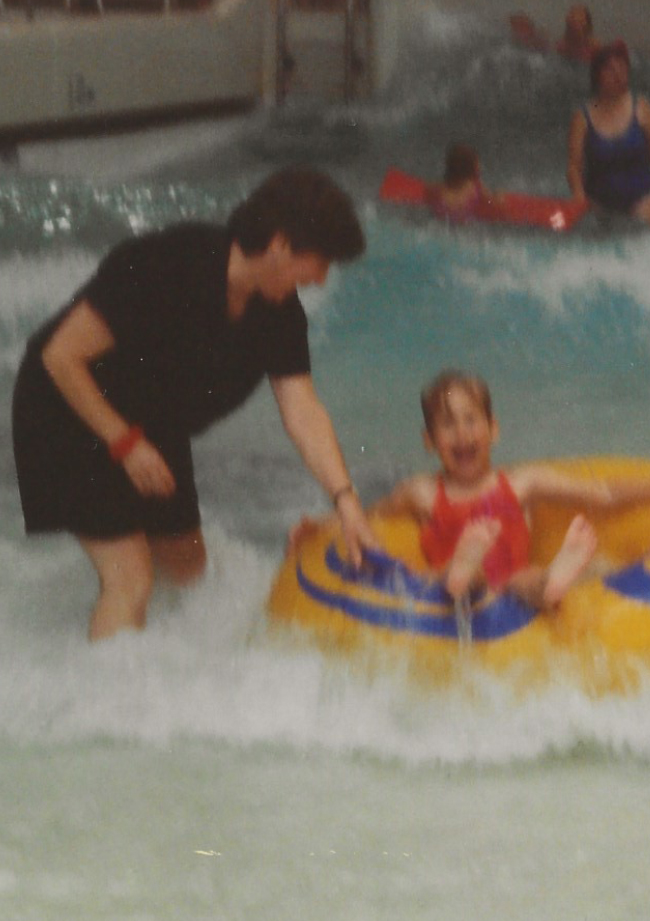
We know you love your brat, but please don’t be in denial. Kids are capable of handling disappointment – big disappointment even. They are capable of being told no, of losing, of having to turn off their video game, and of not getting things they want. It is ok to be sad and upset and even to act out and have bratty moments. But if your child is a “brat”, then they are missing crucial social skills they need for their own well-being.
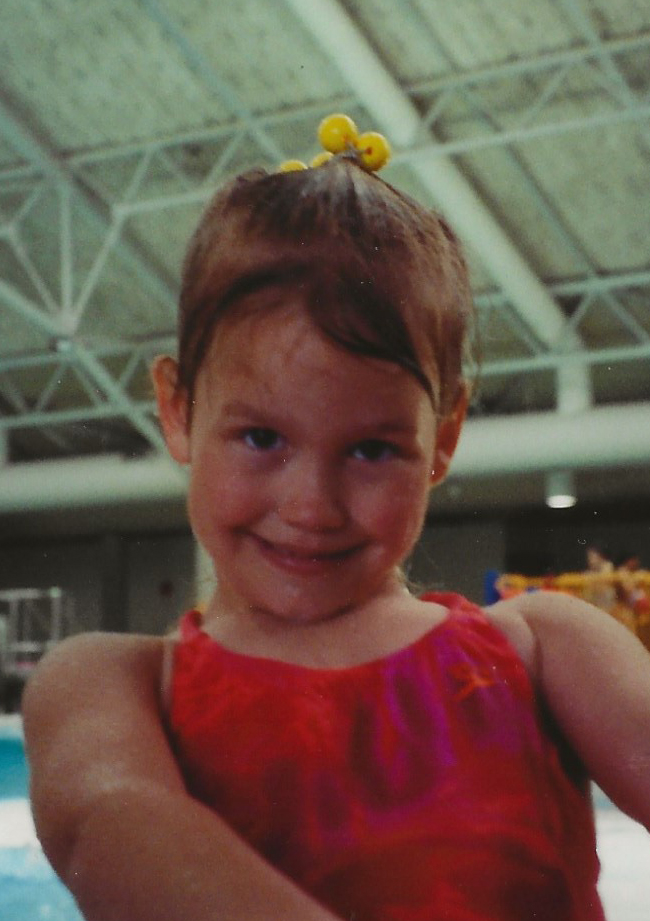
Every family, classroom, and situation is different so while I can offer suggestions through posts, it isn’t the same as having specific solutions for specific children, families, students and teachers. When I asked the question above “Are you exhausted trying to manipulate your child/student into a better mood or coaxing and bribing them to comply and “behave”? if you thought “That’s a big YES for me!” then I can help. With over 20 years of real life, in the trenches, experience I have learned how to provide tools, strategies, and perspective to modify behavior with results that benefit everyone. Children, parents, teachers, and entire classrooms. It can be done. Please email me at: michele@raisingaccountablechildren.com if you are interested in learning ways to change behavior and promote accountability in your home or classroom.

